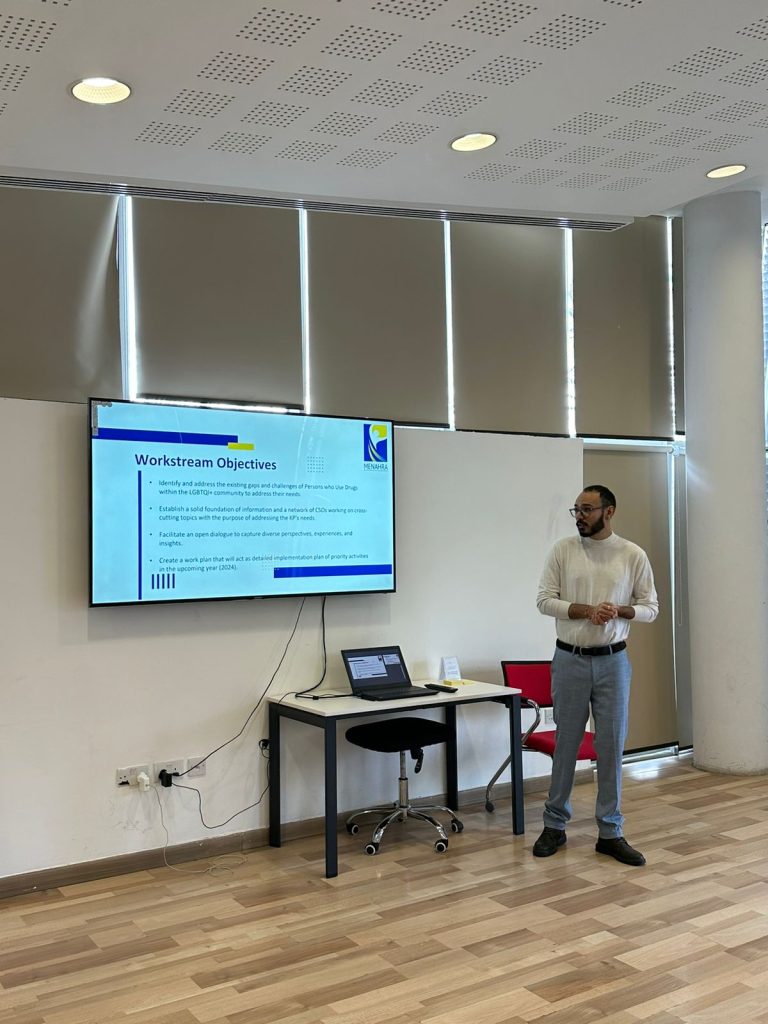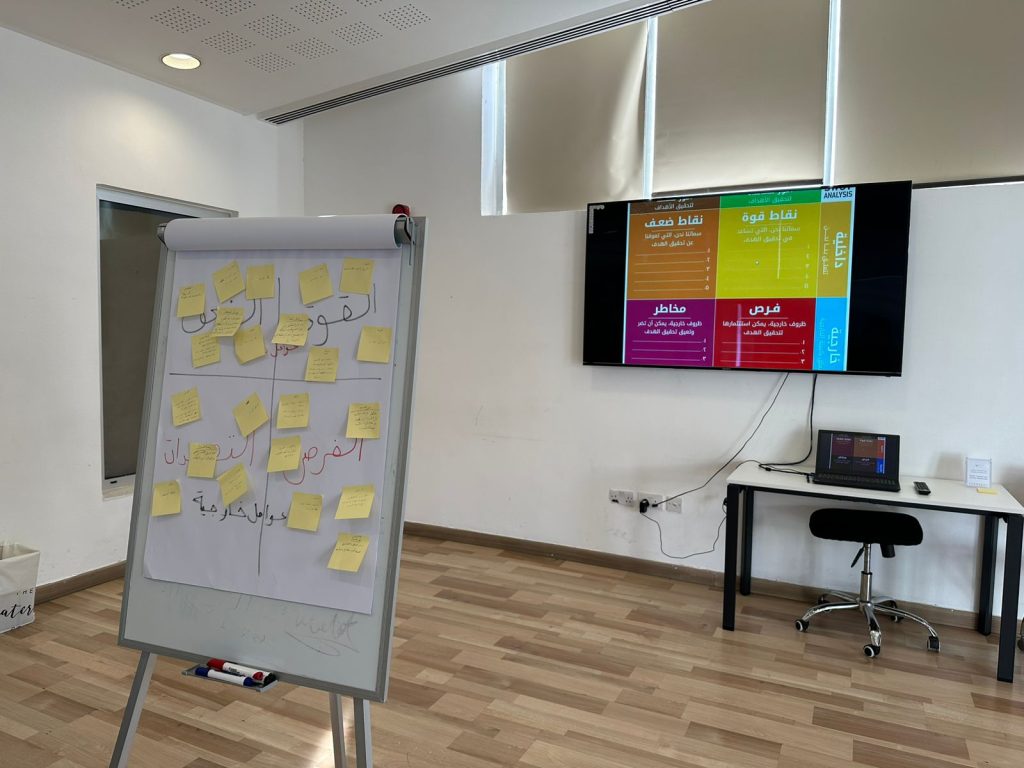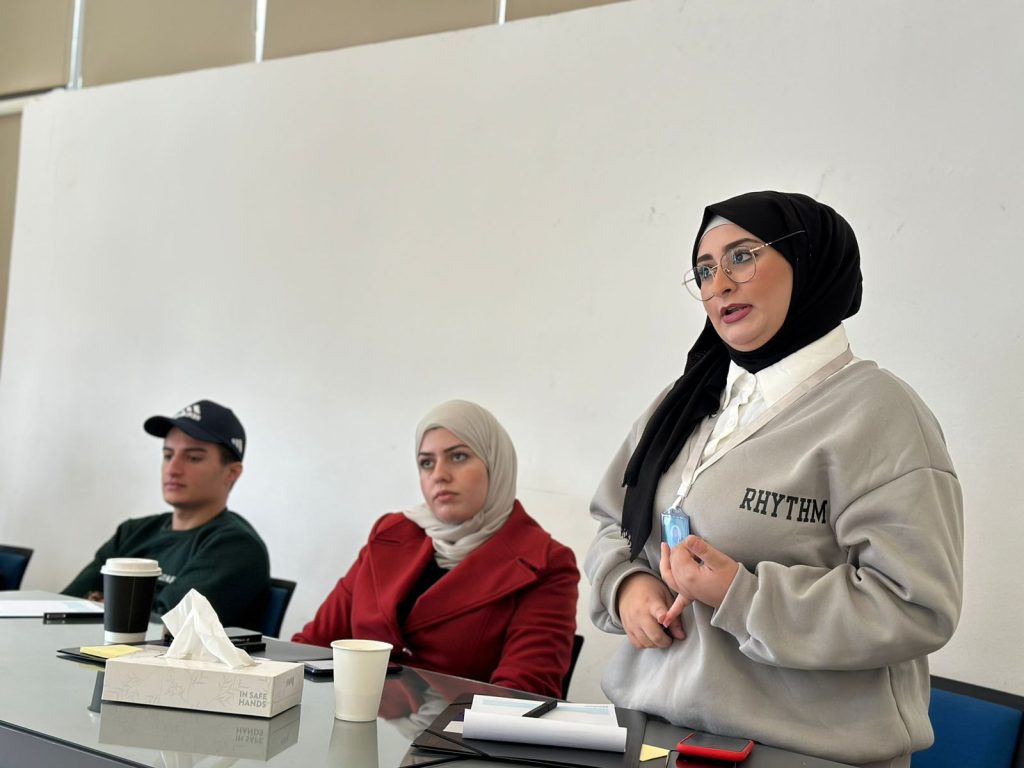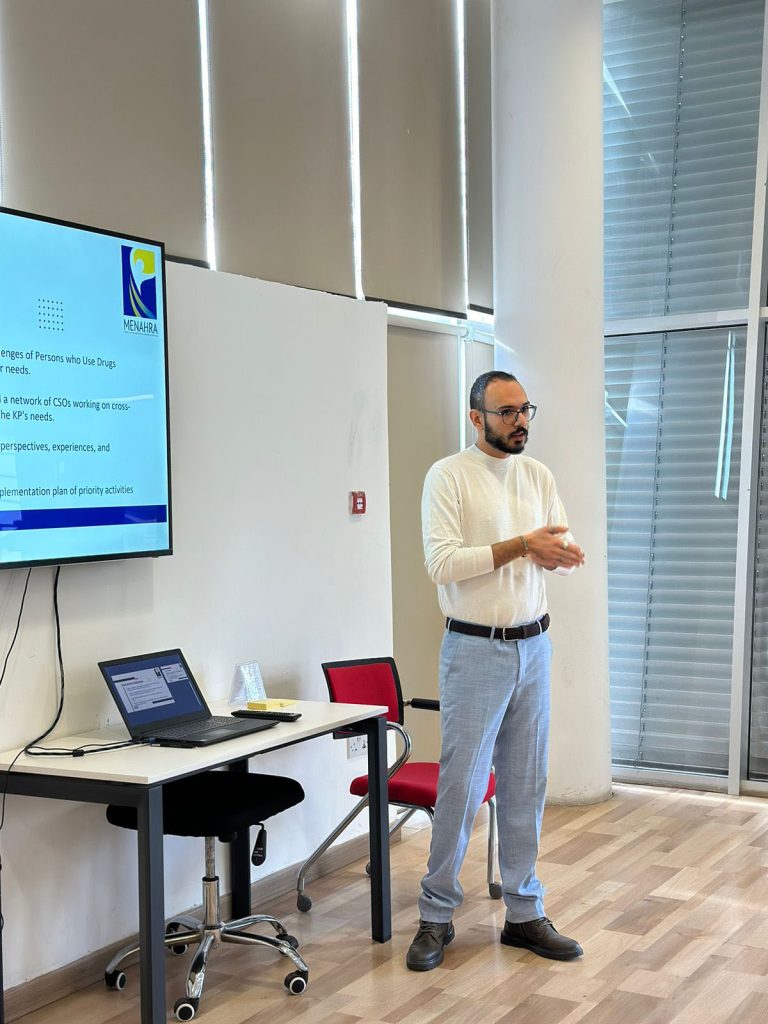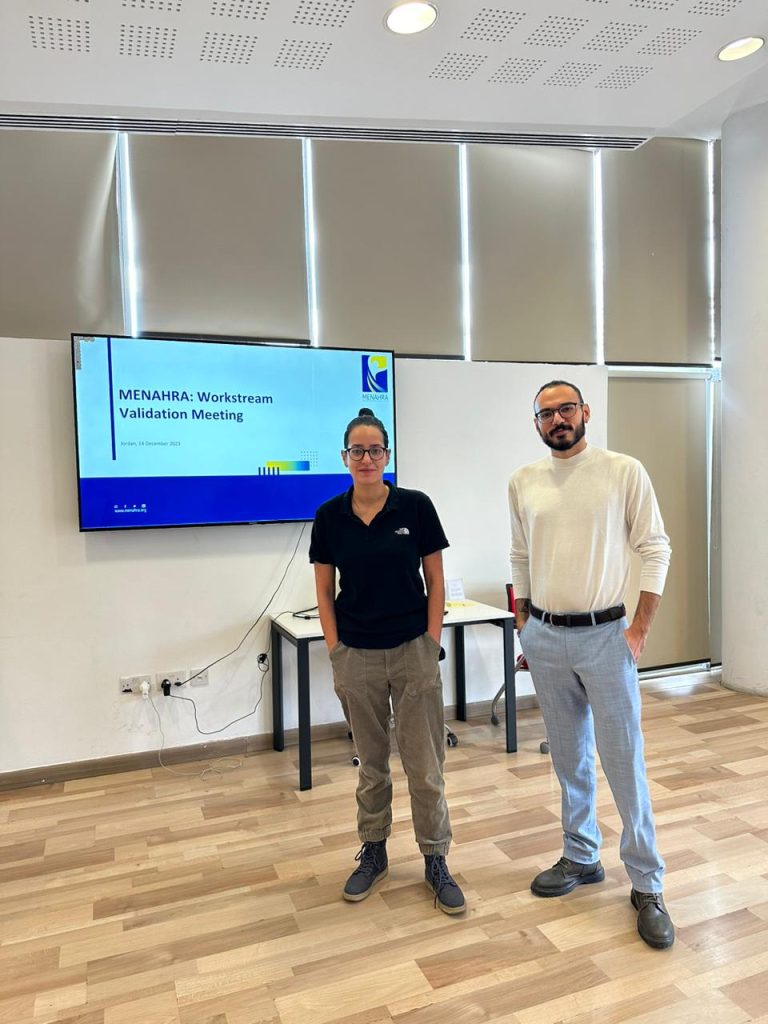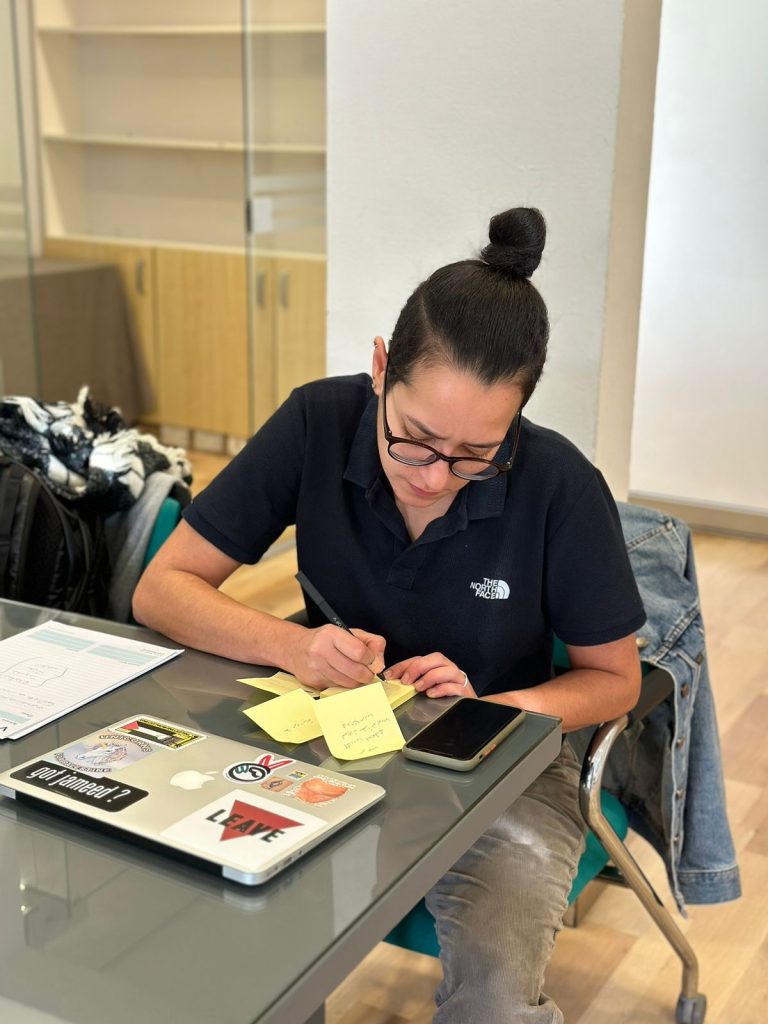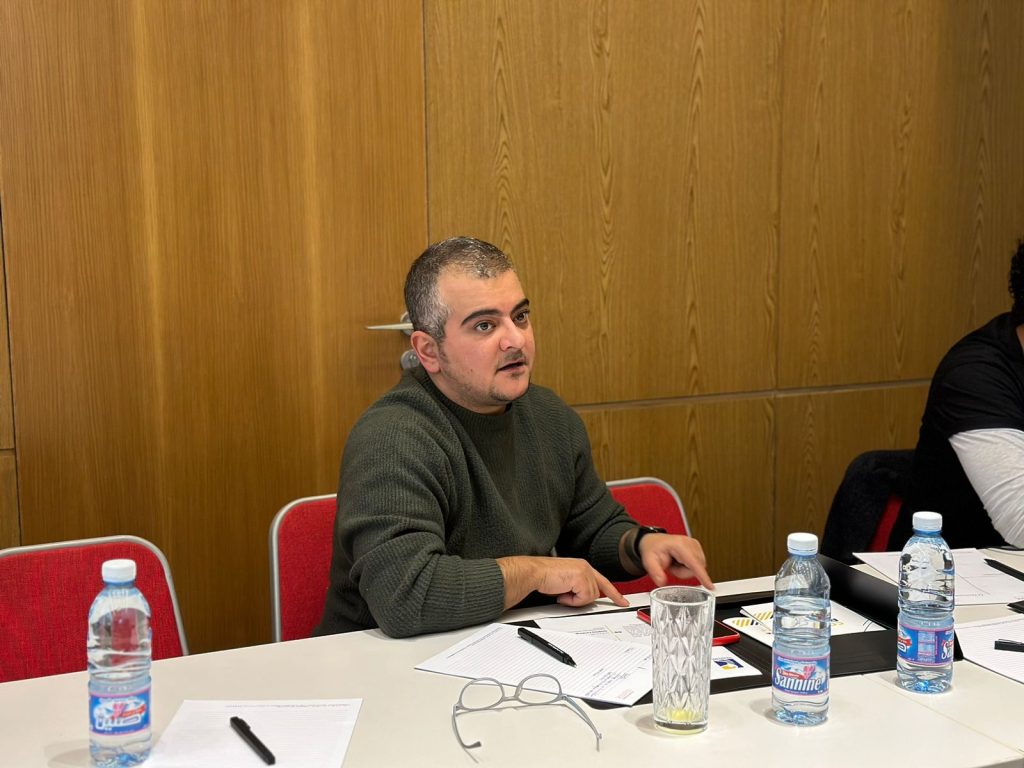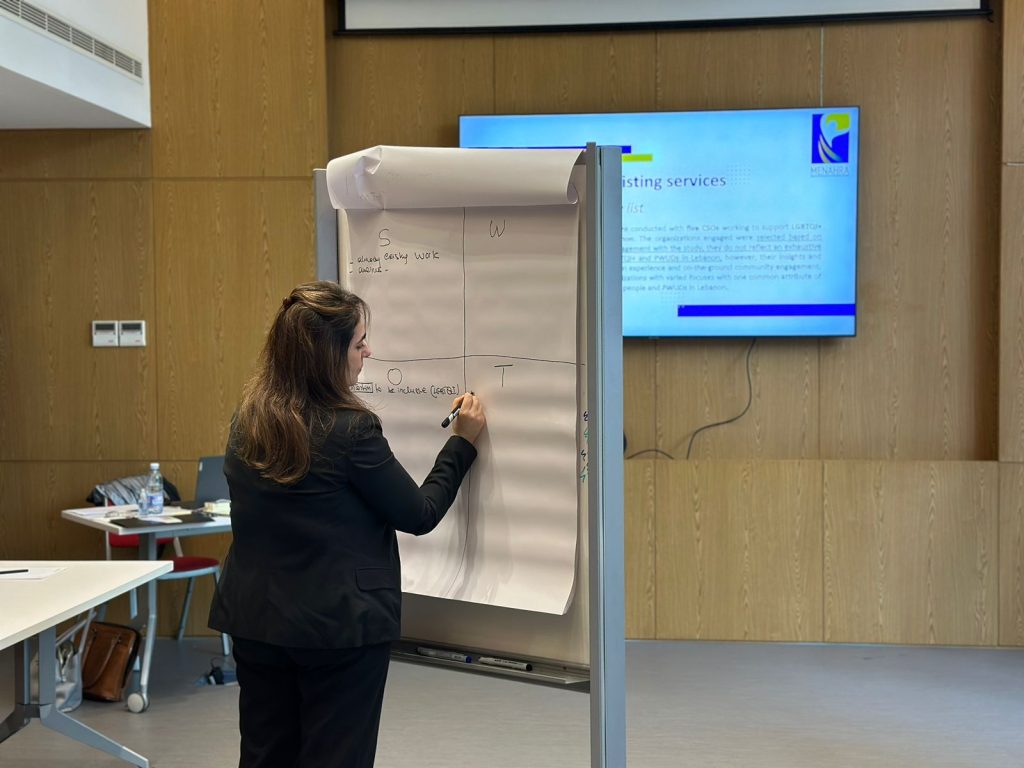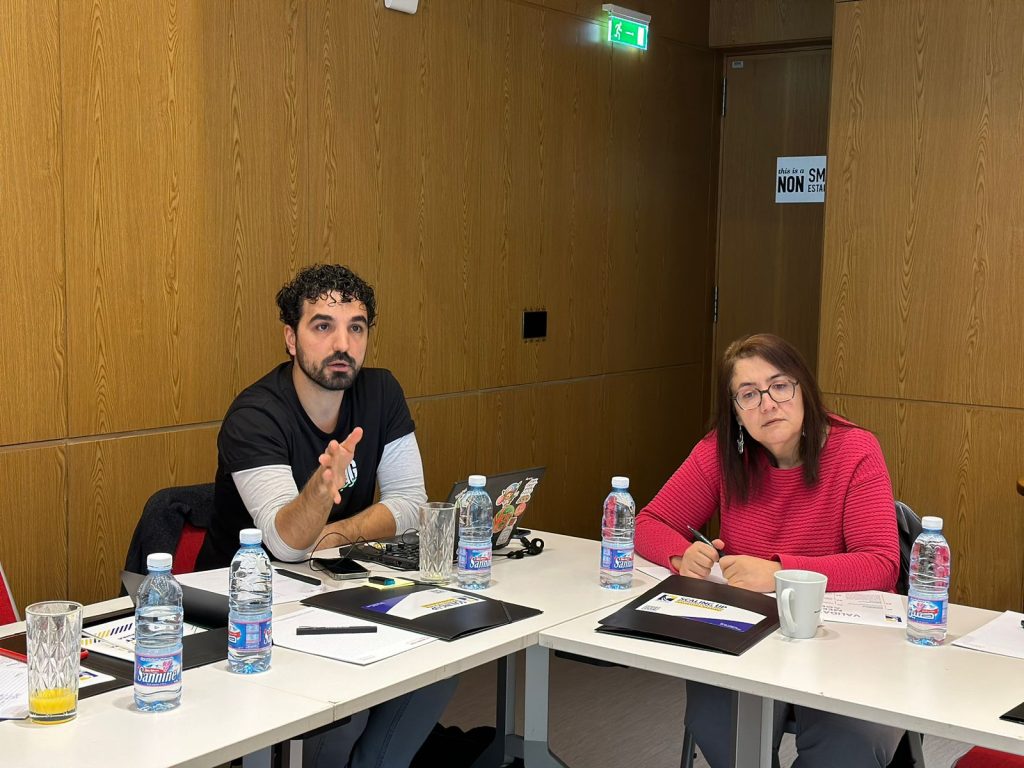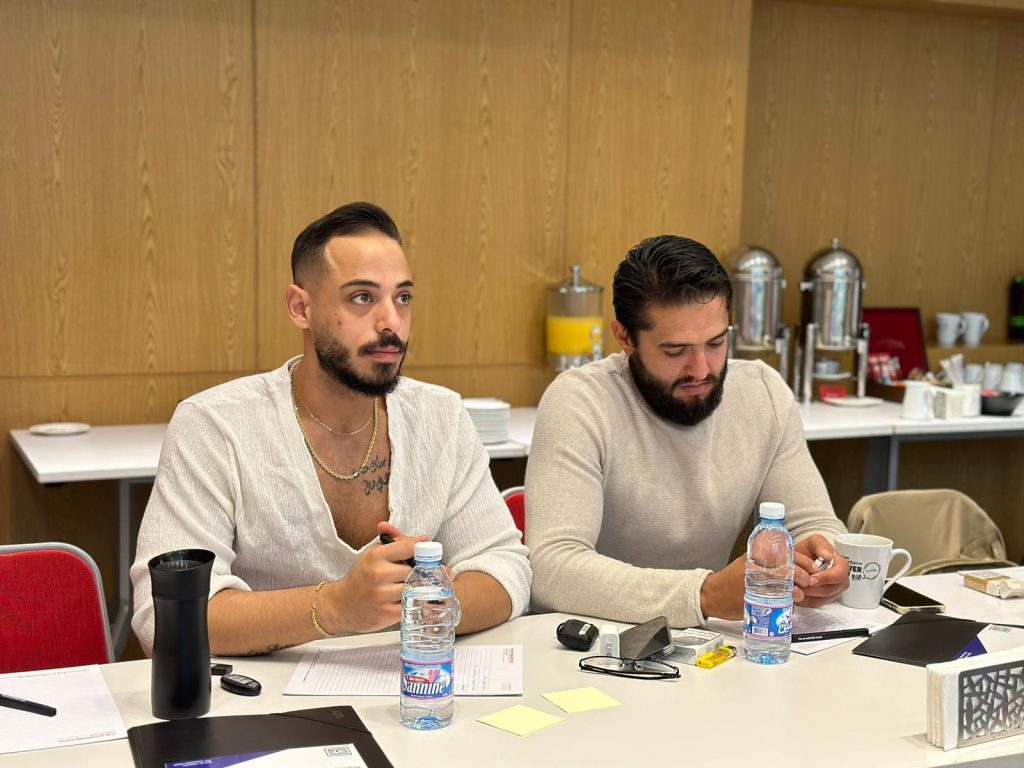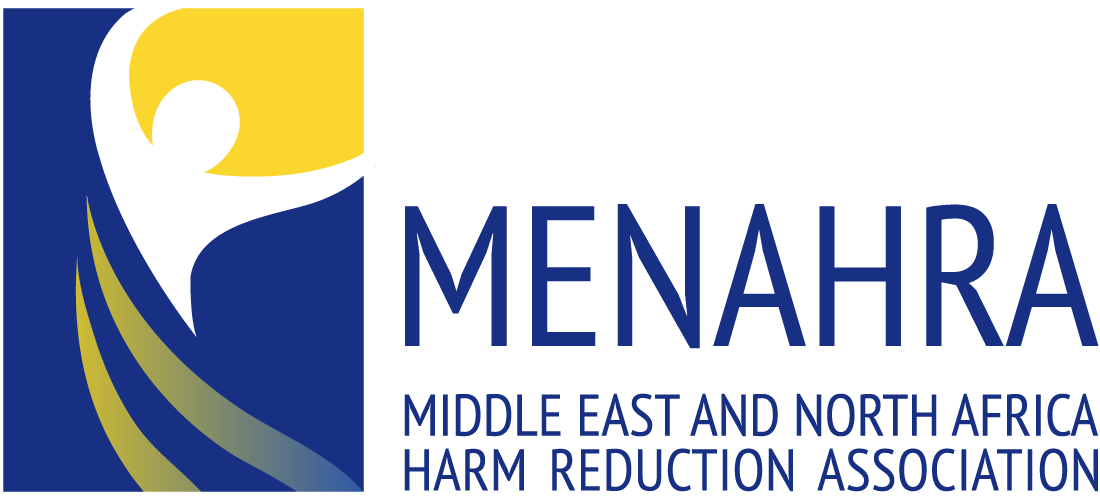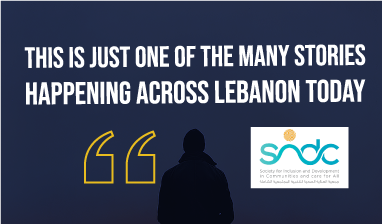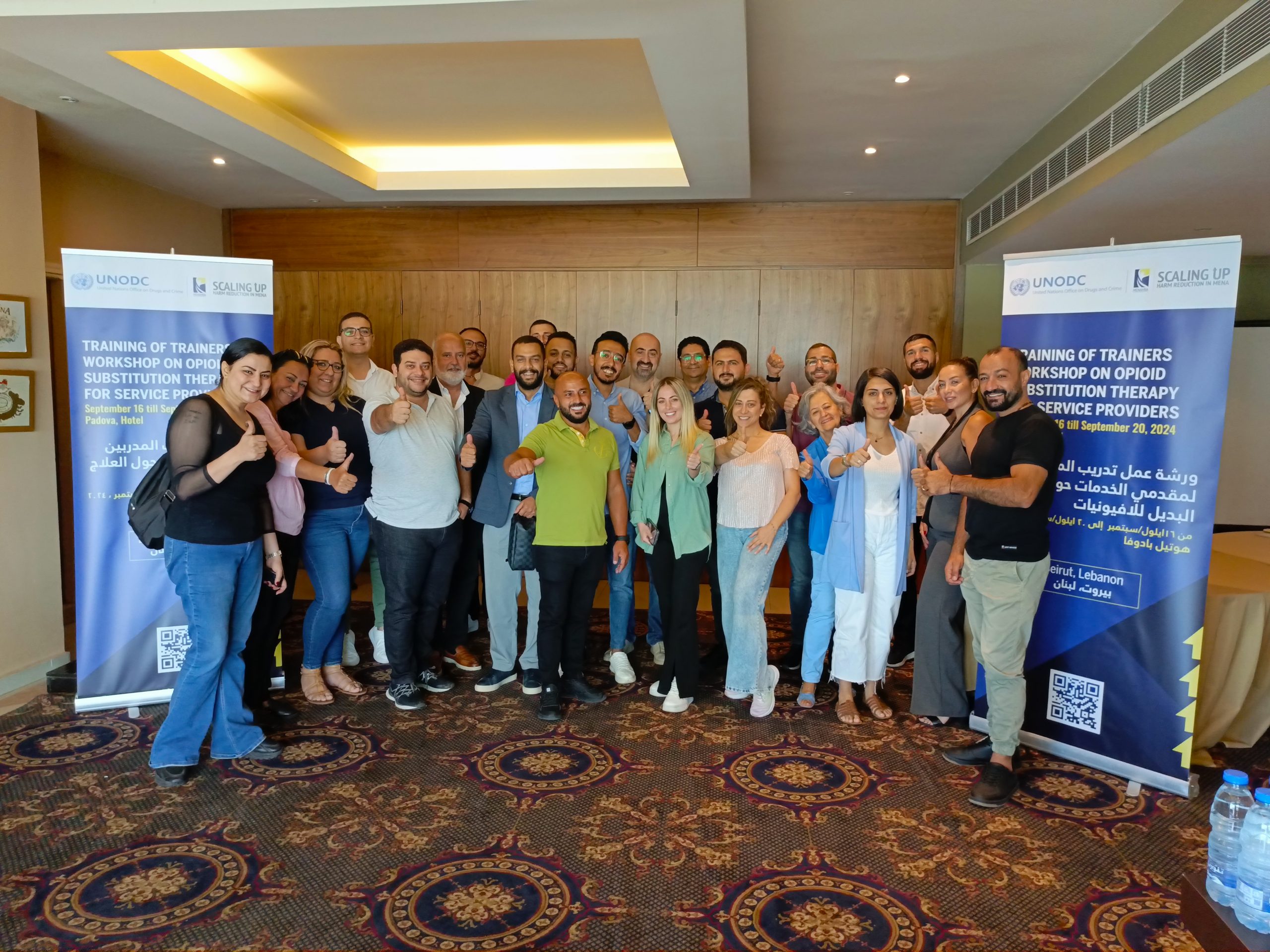In recent validation meetings held across Lebanon and Jordan, a union of minds and expertise took place, illuminating vital insights into the intersecting needs of People Who Use Drugs (PWUDs) within the LGBTQI+ community. These pivotal meetings, conducted on December 7th in Lebanon and December 14th in Jordan, convened local civil society organizations (CSOs), relevant community members, experts, and stakeholders to deliberate and strategize on effective interventions.
Lebanon’s meeting witnessed a variety of recommendations proposed by local CSOs. Suggestions spanned the inclusion of guidance on the Role of Syndicates and UN Agencies in forthcoming toolkits in regard to SRHR. Moreover, a collaborative approach was underscored, advocating for the establishment of a task force to unify interventions of associations working with community members. Participants emphasized the need to abide with evidence-based strategies, the call for expansive research, to inform interventions. Additionally, it was highlighted that strengthening the capacity of service providers and ensuring professional case management emerged as fundamental components.
Similarly, in Jordan, the meeting spotlighted a spectrum of recommendations to address multifaceted challenges. This included a focus on sensitization and inclusivity within service provision, aimed at fostering more welcoming environments. Reworking prevailing narratives and heightening public awareness emerged as a critical step to be taken in Jordan. Efforts toward community building within the LGBTQI+ collective were highlighted, and the importance of safe spaces was emphasized. The meeting focused on the need to engage with governmental bodies to institute comprehensive public service provision, integrating harm reduction, sexual and reproductive health and rights (SRHR), psychosocial support, targeted awareness, and gender-based violence (GBV) interventions.
The outcomes of these meetings signify a collective commitment to addressing the intersecting needs of PWUDs within the LGBTQI+ community. They represent a significant stride in developing a detailed implementation plan grounded in credible datasets and first-hand insights from key stakeholders and community members. The emphasis on evidence-based interventions, inclusivity within interventions, sensitivity training for service providers, and strategic partnerships points toward a promising trajectory for effecting tangible change in the region.
This synthesis of recommendations forms the foundation for tailored interventions, reflecting a comprehensive understanding of the challenges faced by these intersecting communities. Through collaborative efforts and an unwavering commitment to inclusivity, these initiatives are poised to address the needs of community members within the region.
Stay tuned for further updates as we continue our efforts toward fostering inclusive interventions and making a meaningful difference in the lives of community members across the region.
